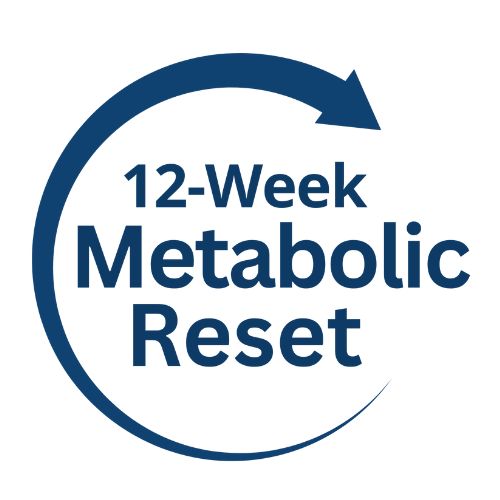Magnesium: ‘The forgotten essential element’
Understanding Magnesium and Its Importance
What is Magnesium?
Magnesium (Mg+) is an essential mineral that supports over 300 bodily functions, including protein synthesis, muscle contractions, nerve function, and blood pressure regulation. It is the fourth most abundant mineral in the body and has a calming effect. Magnesium also plays a crucial role in converting vitamin D into its active form, which helps enhance magnesium absorption.
Decline in Magnesium in Our Diet
Due to modern farming practices, the magnesium content in our food has decreased by 25-80% since the 1950s. Although magnesium has a long half-life of about 1000 hours, it is still important to consume it daily through diet or supplements. Health Canada recommends a daily intake of 420 mg, but many individuals may need more due to deficiencies.
Signs of Magnesium Deficiency
Symptoms of magnesium deficiency can include:
- Muscle cramps and spasms
- Sleep disturbances
- Fatigue
- Anxiety and stress
- High blood pressure
- Constipation
- Cognitive issues
- Headaches
- Heart palpitations
- Low bone density
- Asthma
Certain groups may be more susceptible to deficiency, including those who consume caffeine or alcohol frequently, have low vitamin D levels, or follow a high-sugar diet.
Testing for Magnesium Levels
Serum magnesium tests are not always accurate, as most magnesium is stored in cells. A better method is to test red blood cell (RBC) magnesium levels to assess deficiency and determine the appropriate supplementation. This test typically costs $34.00 and is not covered by MSP.Dietary Sources of MagnesiumGood sources of magnesium include:
- Leafy green vegetables (e.g., spinach)
- Squash
- Pumpkin seeds
- Nuts and seeds
- Legumes
- Fish
- Whole grains
Magnesium and Heart Health
Low magnesium levels have been linked to cardiovascular issues. Optimizing magnesium intake can help lower blood pressure, with doses exceeding 600 mg daily showing positive effects.
Different Forms of Magnesium
Magnesium is available in various forms, each with unique benefits:
- Magnesium lactate
- Magnesium chloride
- Magnesium sulfate (Epsom salts)
- Magnesium taurate
- Magnesium malate
- Magnesium glycinate
- Magnesium citrate
- Magnesium threonate
Recommended Magnesium Forms
A combination of magnesium forms can enhance absorption and reduce side effects. Aim for 650-1000 mg of elemental magnesium daily, based on your doctor’s advice.
- Glycinate/Bisglycinate: Good for sleep and anxiety.
- Citrate: Effective for migraines and constipation.
- Threonate: Supports brain function and memory.
- Taurate: Beneficial for heart health.
- Sulfate: Useful for muscle relaxation through skin absorption.
Forms to Avoid
Certain forms of magnesium may not be recommended:
- Aspartate: Contains neurotoxic components.
- Glutamate: Linked to anxiety and depression.
- Oxide: Low absorption rate and potential heart issues.
Recommended Dosing
For optimal health, consider taking 650-1000 mg of elemental magnesium in divided doses throughout the day, preferably in the evening to support sleep. Be mindful of any side effects, such as loose stools, especially with certain forms like citrate.
If you would like to get your RBC magnesium level checked, and obtain personalized recommendations to optimize this essential element, make an appointment today!








